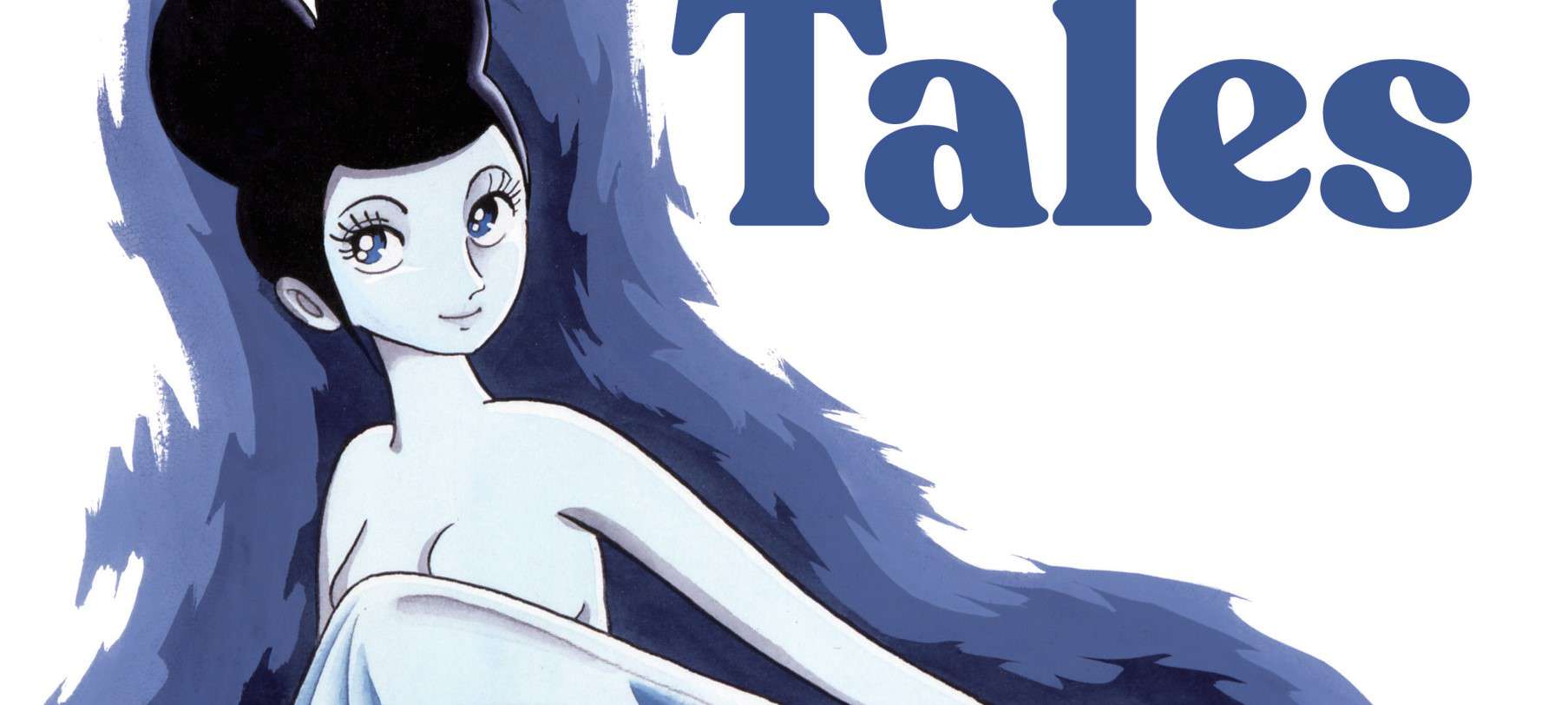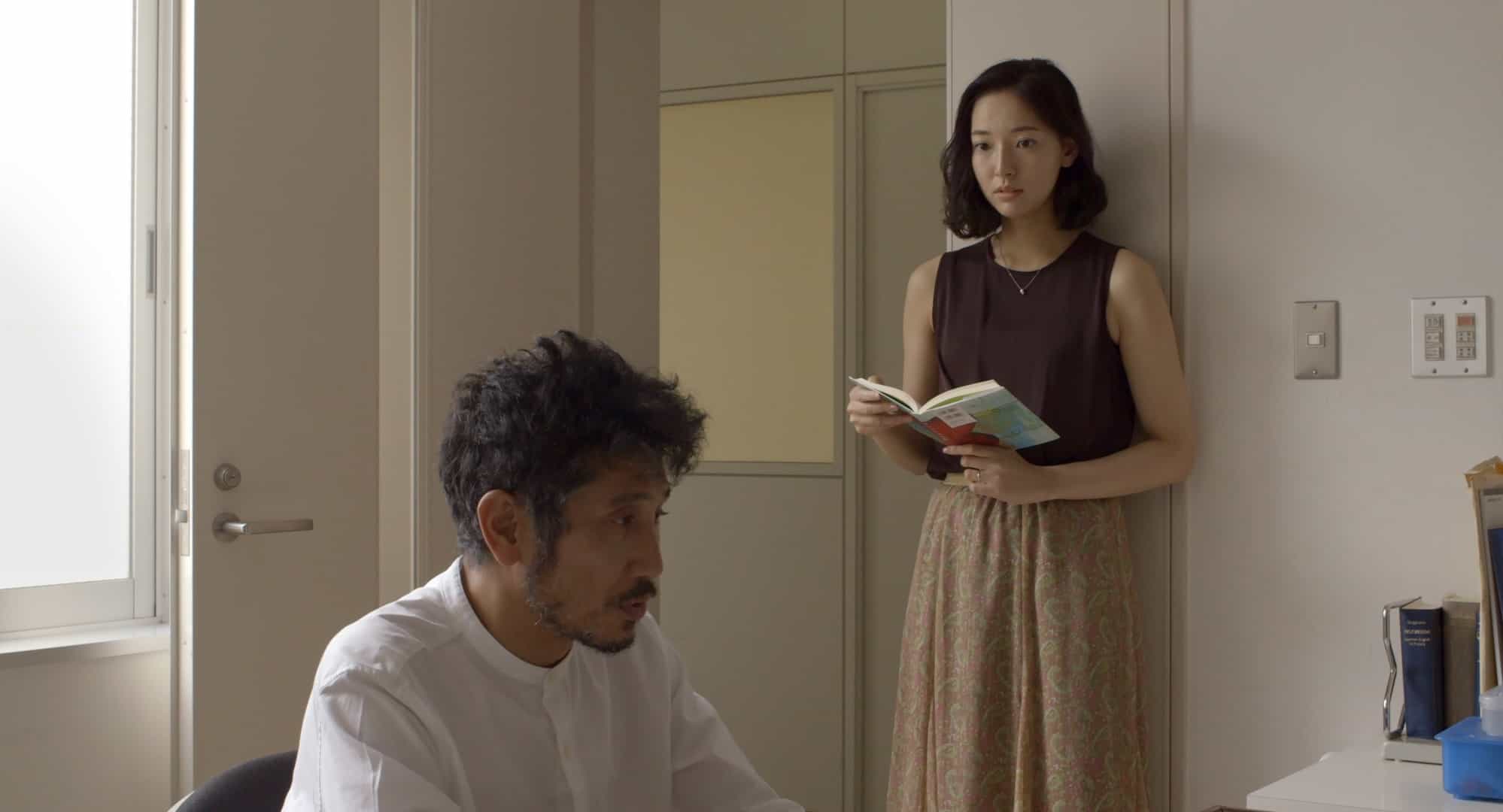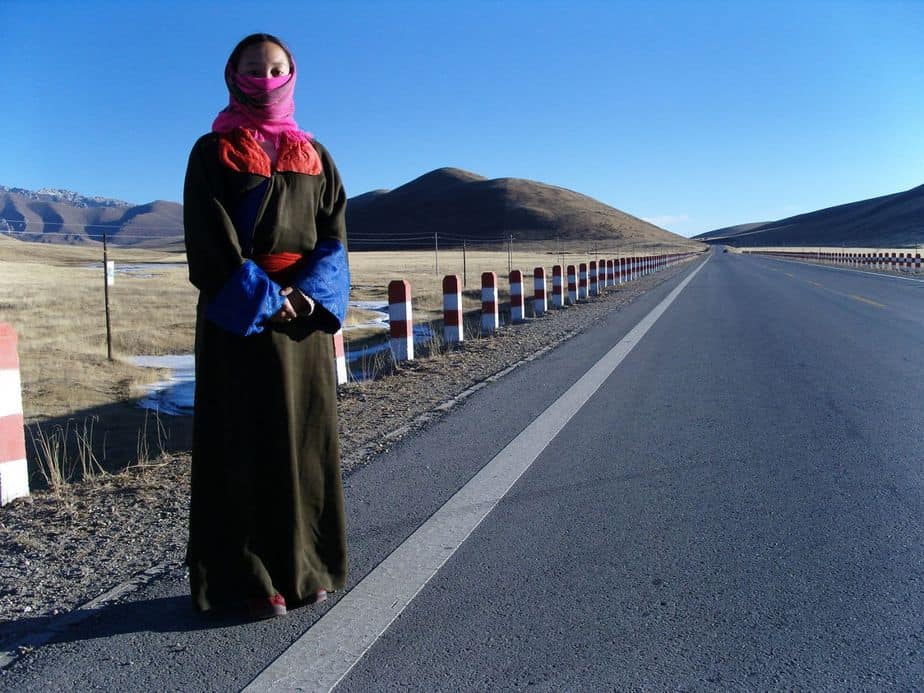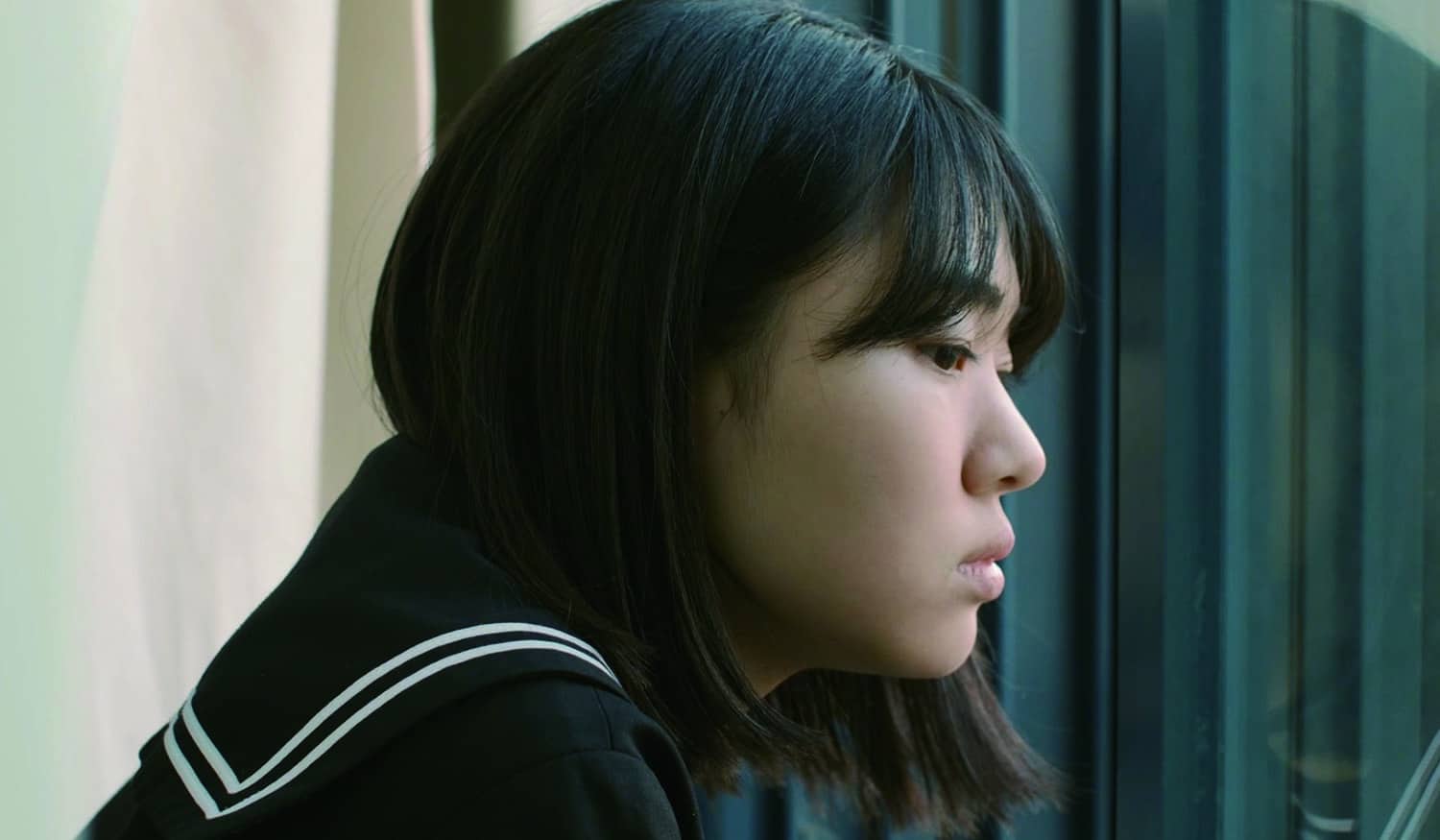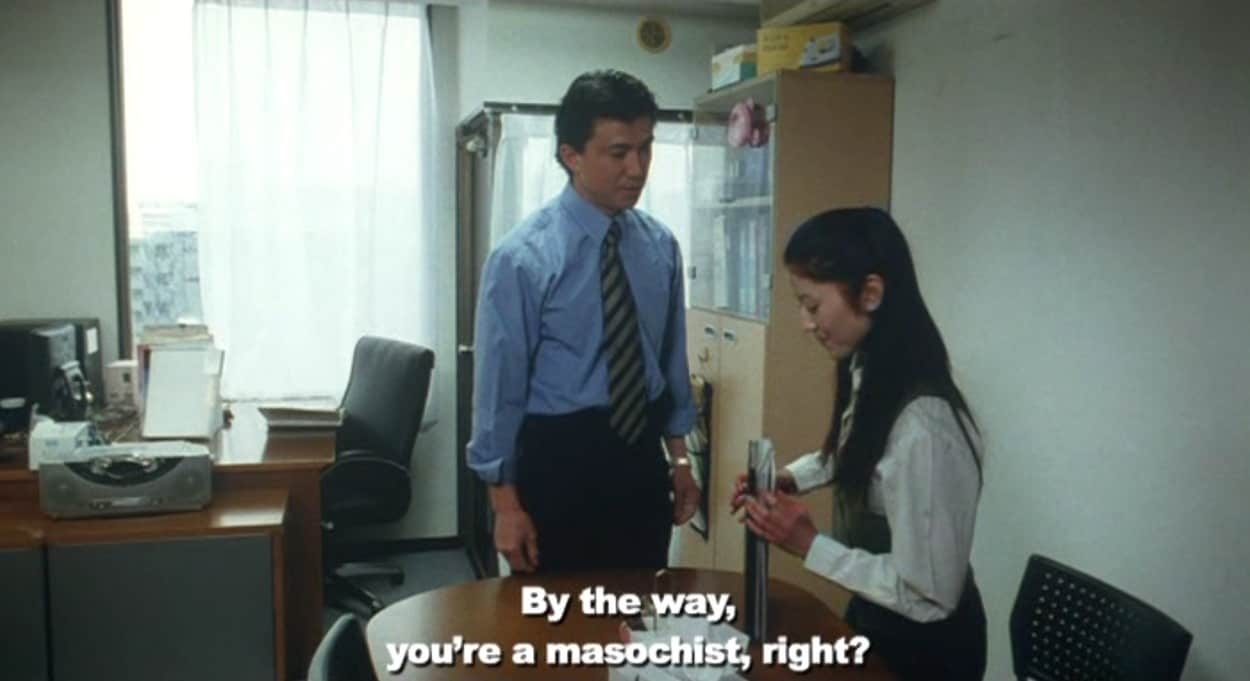A few years back, when I was walking along the Kozikhode beach, a young man approached me. That part of Kerala (a small coastal state in South India) rarely attracts foreign tourists, so he was curious about my homeland. His face lit up when I answered, and he started naming past and present football players from my country, the achievement I myself wouldn't be able to unlock, not caring much about my national team. The experience was not as surreal as it may seem, because that part of Kerala is one of little regions in India where football craze equals — if not overshadows — cricket craze.
“Sudani from Nigeria” review is part of the Submit Your Film Initiative

The variation of the game developed there, Football Sevens, isn't recognized by FIFA or Indian game's federation, but its tournaments, played by teams of 7 on smaller pitches, provide entertainment in rustic areas and attract ardent followers. It is not uncommon to bring foreign players to strengthen the teams' force, and they are recruited from African countries like Nigeria or Ghana. Without high budgets known from world-class or national leagues, foreign players often stay with local hosts, adapting the indigenous food and culture. This unique phenomenon of the Sevens' tournaments sets the backdrop (though not the spine) for “Sudani from Nigeria”, the Malayalam-language debut feature by Zakariya Mohammed, which bagged several state awards and met with a warm reception of the audience.

Majid (Soubin Shahir), a football team manager from a rural town in Malappuram district, may be short of cash but not of passion for sports. He is definitely more successful in the field of play than in matters of heart. After numerous meetings with potential brides (that he calls “selection camps”), he still hasn't found any willing lady, but owing to his dedication, his football pride, MYC Accode, have just recruited few gifted Nigerian players. One of them, young Samuel (Nigerian actor Samuel Abiola Robinson), shines in the games, thus starts earning fans. Locals, not caring much about geographical nuances of afar, nickname him “Sudani”, despite his fruitless explanations he does not come from Sudan.
The initial phases of the film are driven with some energetic scenes giving an insight into the game's dynamic, its setting and audience's dedication, flavored with a bit of unpretentious characters' humor like the situation when the team members bond over an old habit of teaching each other swear words in their mother tongues. Then, in a dramatic twist of tale, Samuel gets injured and the movie takes a turn away from the typical sport's flick path. Majid, in fear he wouldn't be able to cover the player's hospital expenses during several weeks of his recovery, brings the boy to the former's home where he lives with his aged mother Jameela (Savithri Sreedharan).
Samuel, a stranger in a strange land, triggers curiosity of the village's inhabitants, simple folk who don't even bother coming up with any excuses before visiting Majid's house to meet “Sudani”. Language barrier is not a problem, even if there is no one around who speaks English. What is important is that their interest is laced with sympathy, not fear or animosity. They would behave the same if a distant relative arrived, and Samuel's presence allows them to break out of the everyday routine. Some of those visits seem awkward (like a young married couple using it as the opportunity for selfies), some funny (like an elder gentleman entertaining the guest with his kalaripayattu skills), but none is hostile. With time, the locals' attitude becomes more affectionate than curious. Getting more and more familiar with Samuel, they indeed care about his wellbeing. Jameela and her best friend Beeyumma (Sarasa Balussery) treat him with motherly care and with time he becomes more like a family member. His bond with Majid strengthens as well, while the duo shares stories of their past.
The message of an unconditional acceptance and tolerance combined with simple humane goodness, no matter how cliché it sounds, is very important in the time of divisions and conflicts stirring many societies (Samuel is a Christian boy while the village community is Muslim). The movie guarantees the much-needed loads of warmth and, what is important, keeps sugar at an acceptable level, using drama well to balance it out, as Majid will have to reconcile with some past family regrets and Samuel will reveal his troubled story of a refugee.
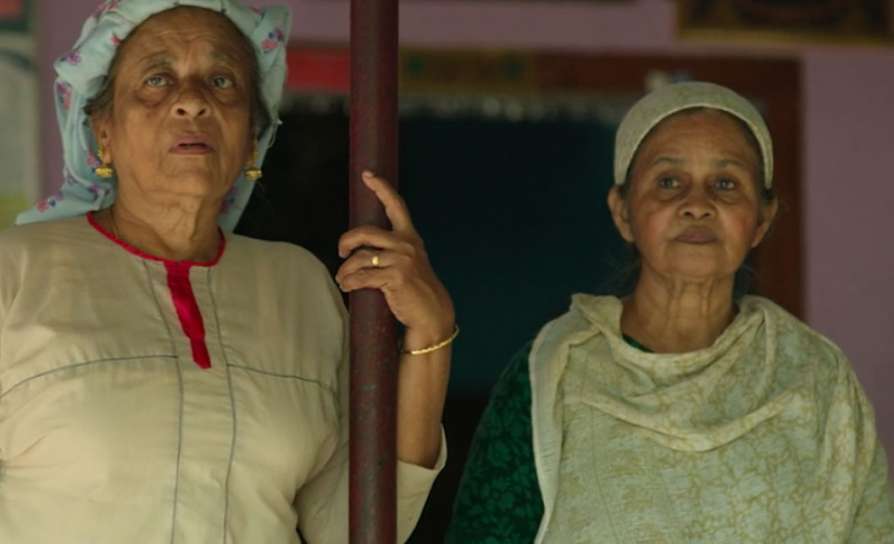
The story, like in many Malayalee movies, goes unhurriedly, more focused on the characters than the story itself. It is immersed in localism, showing Keralan rustic life of Malabar in a realistic and emphatic manner with graceful songs well-woven into the script.
The portrayal of the Muslim community is far from stereotypes, as the film focuses on human characters and mutual help, not the religious identity and rituals. However, what stands out in the exceptional way, is the space given to the elderly characters of Jameela and Beeyumma. Played superbly by theatre veterans, they leave no doubts how strong their friendship is. They combine elders' wisdom, which comes from acceptance of what life brought them, with a deep affection for others. Their understanding of world and life is simple as they are simple ladies who have always lived according to the rules of the patriarchal society, but they haven't lost their identity in the process. Respect and concern are the principles they follow and taught their children. It is a delight to listen to their dialogues.
It doesn't really matter if Keralan reality is familiar to potential audience, as the movie's universal message should appeal to many. It is worth to give it a chance, in order to believe in a slightly better world, at least for this 2 hours.




